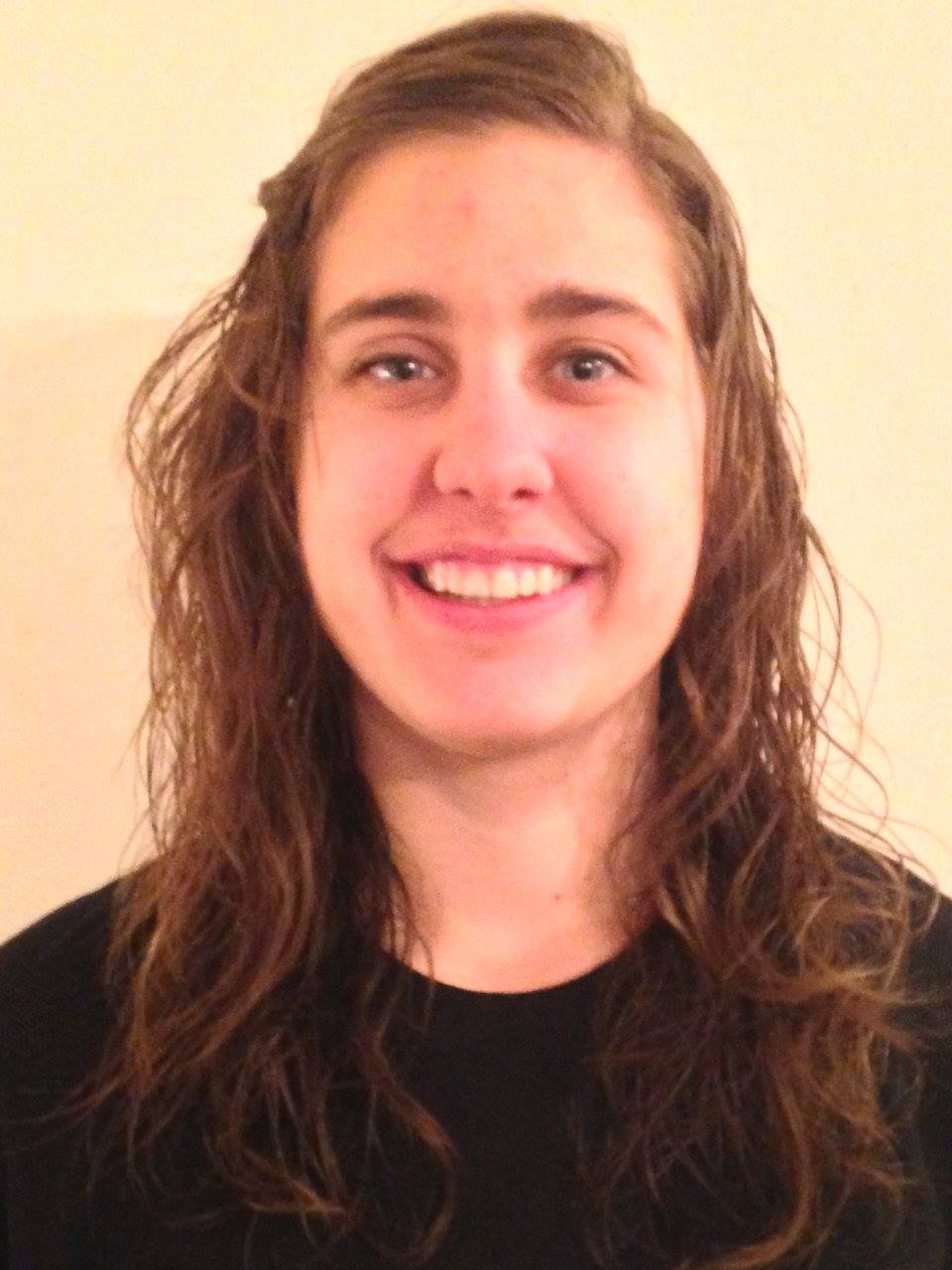Celebration of Scholars
Sleep Deprivation and Athletic Performance
 Name:
Kristen Lemberger
Name:
Kristen Lemberger
Major: Athletic Training
Hometown: Crystal Lake, IL
Faculty Sponsor:
Other Sponsors:
Type of research: Course project
 Name:
Randi Mikorski
Name:
Randi Mikorski
Major: Exercise and Sports Science
Hometown: Greendale, WI
Faculty Sponsor:
Other Sponsors:
Type of research: Course project
Abstract
A crucial part of the day that is often taken for granted is sleep. Although it consists of a restoration period, research shows that sleep is also full of dynamic processes. Physiologically, metabolism slows down, heart rate decreases, and blood pressure drops. Proper sleep will help to maintain mood, memory, and cognitive function. In previous studies, subjects who slept less than seven hours noticed impaired motor skills and decreased alertness.
Our hypothesis was that sleep deprivation would negatively affect anaerobic power, strength, and endurance. Anaerobic power was tested using the Margaria-Kalmen Test, strength was tested using a one repetition maximum squat, and endurance was measured through a one mile run. The subjects obtained 8 hours of sleep and performed the tests. Then, after 24 hours of recovery, subjects were re-tested after only 4 hours of sleep.
After sleep deprivation, the subjects’ average anaerobic power output decreased by 72.79 watts, the time of the one mile run increased by .04 seconds, and strength decreased by 5 pounds. Although deficits in athletic performance were found, none of the results were significant. Therefore, an increase in the number of hours or an increase in the number of days subjects were deprived of sleep may have been necessary to obtain significant results.
Submit date: March 17, 2014, 7:45 p.m.
